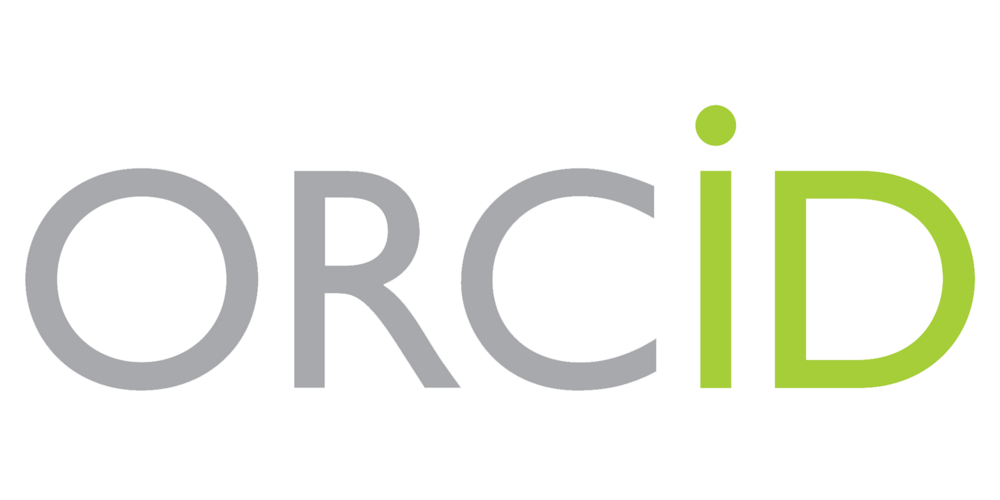Before publishing
Be clearly identifiable as an author
ORCID® iDs enable research achievements to be clearly attributed to individuals - even if names are spelt differently, two people have the same name or if names change. They make it easier to correctly attribute publications, projects, research data, etc., thus increasing the visibility of these research achievements. To create an ORCID iD (see ORCID), you only need to enter your name and e-mail address.

Choosing a suitable journal
Some possible criteria for choosing a journal:
- Which journals does my specialist community publish in?
- Which journals have published papers cited in my work?
- Does my paper fit in with one of the journal's main subject areas?
- Does the journal's geographical focus and target audience match my paper?
- Is the journal indexed in the academic databases relevant to my research focus?
- Does the journal fulfil the funding conditions of my funding body?
Services such as think.check.submit and B!SON can help you to choose a suitable journal.
You can find more tips in our video tutorial "Wahl eines Journals"(in German).

Improve the findability of your publication with ASEO
Academics can use Academic Search Engine Optimisation (Academic SEO, ASEO) to increase the findability of their work in library catalogues, databases, repositories and search engines such as Google Scholar. Simple measures such as choosing meaningful terms for the title, abstract and keywords support the algorithms of discovery systems and databases in automatically recognising relevant results. This also makes it easier for people searching to find relevant publications.
You can find more information on this in our video tutorial "ASEO" and in our recorded presentation (both in German).
